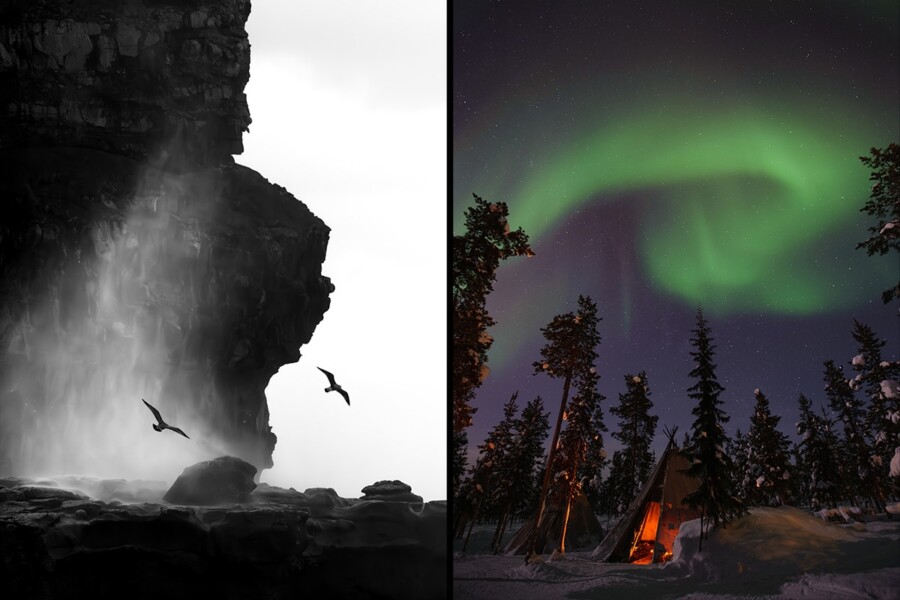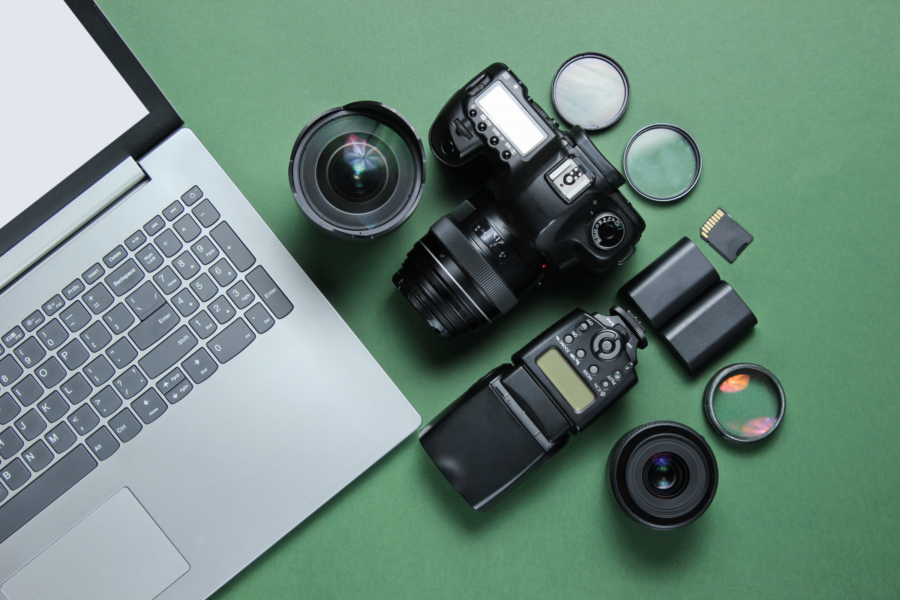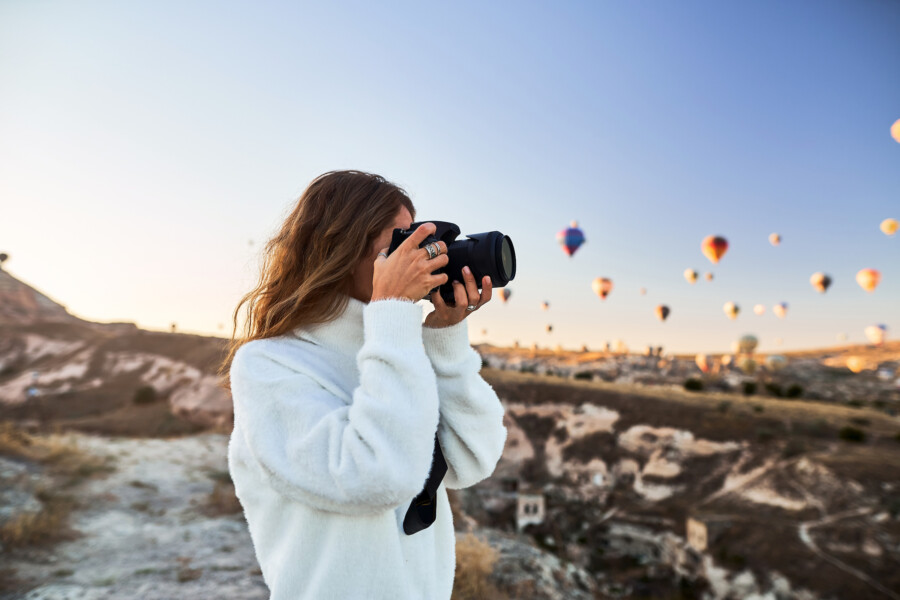Share
Who Deserves a Pulitzer Prize?
Kenji Nagai of APF tries to take photographs as he lies injured after police and military officials fired upon and then charged at protesters in Ya...
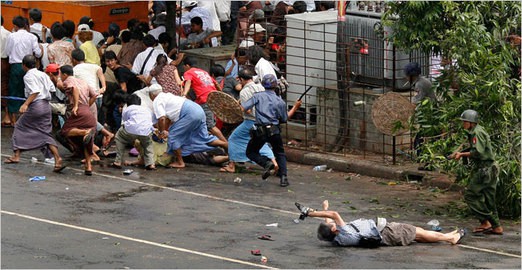

Kenji Nagai of APF tries to take photographs as he
lies injured after police and military officials fired upon and then
charged at protesters in Yangon’s city centre September 27, 2007.
Nagai, 50, a Japanese video journalist, was shot by soldiers as they
fired to disperse the crowd. Nagai later died. REUTERS/Adrees Latif
(MYANMAR)
Rachel blogged about all the 2008 Pulitzer Prize winning photographers yesterday.
Then over at SportsShooter, Palm Beach-based photographer Tom Ervin created a thread entitled Is Latif image worthy of the Pulitzer Prize? stating:
“I don’t think Latif’s image should of won the Prize. I thought it
lacked emotion, importance, lacked impact, (couldn’t tell what was
happening in the [sic] piic) graphic composition, and it just didn’t have
that gut wrenching feeling a person would have when viewing a Pulitzer
as compared to say Moore’s image.”
A few camps emerged from the melee:
– Those who thought Ervin was an idiot
– Those who thought he was entitled to his opinion
– Those who reiterated the subjectiveness of contests in general.
I wrote:
“http://www.youtube.com/watch?v=BUUQi1ooEAs
“I don’t think you can argue a position without considering the context
of the image. For example, take Arko Datta’s World Press Photo:
“It’s a tremendous photo compositionally. The woman in anguish, and
arm moving into the frame. But it’s significant because it represents
300,000 stories that were affected in a single event.
“Similarly, with Latif’s image, consider that the Burmese government
was cracking down like crazy by first killing buddhist monks in a
society that revered the monks, then by cracking down on their citizens
and the press.
“In the picture, I see a horde of people running from the police. That’s
marginally interesting. But I also see a soldier hovering over a
photographer that is struggling to shoot a photo. We know because of
the video and the witnesses that the soldier just shot Nagai in the
back at point blank range. And we also know from the video that Nagai’s
first instinct after he was shot, was to lift his camera, literally
with his last ounce of energy. The solider looked at him to make sure
he was down for maybe one second. And after Nagai tries once to lift
his camera, his is unable to muster the strength to lift it again.
“Latif captured an incredible moment because it illustrates: 1) the
brazenness of the military, 2) is illustrative of the huge number of
people that were affected, and 3) shows a member of the press corp
literally dying as he tries to capture the news because he believed
that showing what was going on in burma was the most important thing to
do that day.
“Best composed? No. But lacking emotion or importance? I strongly
disagree. When a government suppresses its people through corporeal
harm and kills members of the media to prevent the story from getting
out, it’s important.“
The Pulitzer organization doesn’t have a strict set of criteria for selection of the image:
There are no set criteria for the judging of
the Prizes. The definitions of each category (see Entry
Forms or History page) are
the only guidelines. It is left up to the Nominating Juries and The
Pulitzer Prize Board to determine exactly what makes a work “distinguished.”
Here’s the runner-up image by AFP photographer Mahmud Hams showing a missile about to strike the Nusseirat refugee camp in Gaza. Is the composition any better than Latif’s image? Is it successful because it’s the decisive moment? Isn’t the killing of a photographer a pretty decisive moment?
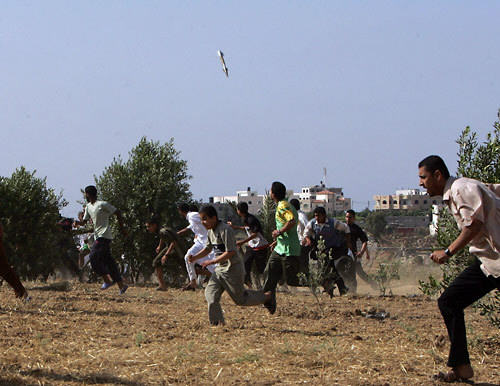
On the scale of importance, I would rank the Gaza image the least important from a global perspective and the Bhutto assassination the most important.
Is there a clear winner here?
